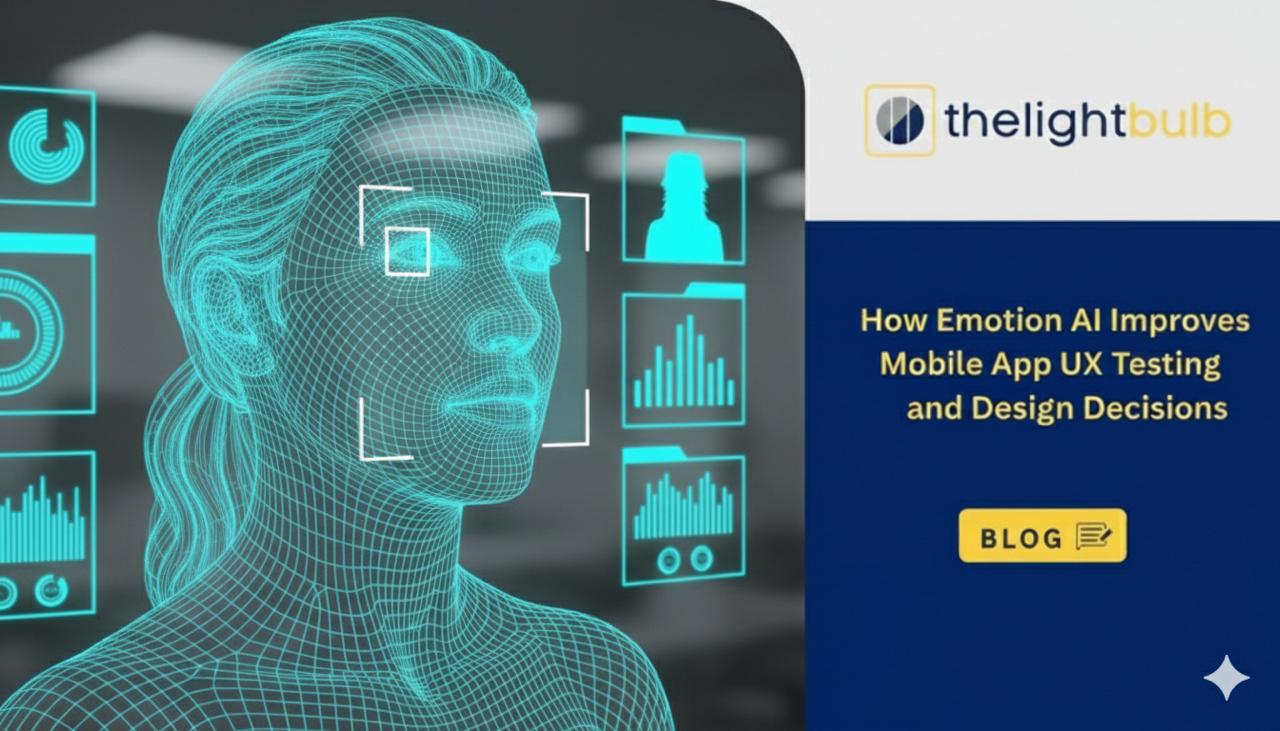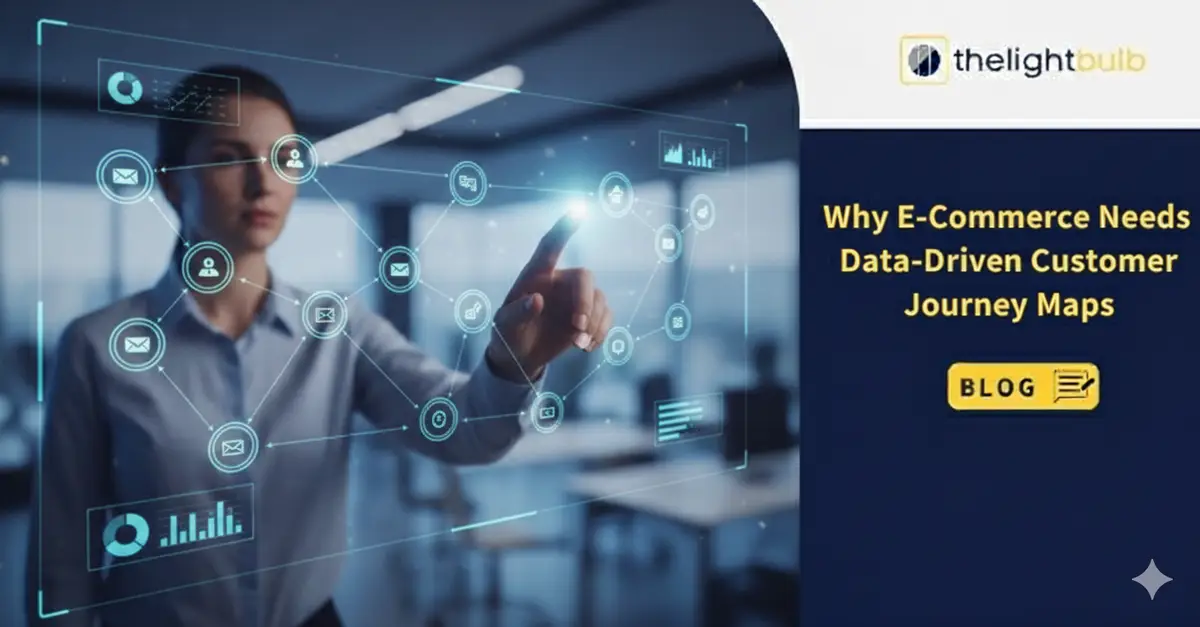
Emotion AI, or affective computing in other terms, is a technology on a quick evolution ride. It allows machines to comprehend and respond to human emotions which has far-reaching effects for the entertainment industry, where keeping the audience hooked is the key. Creators and marketers can offer hyper-personalized and immersive experiences with this AI-driven technology, revolutionizing how we consume and interact with media.

Enhancing Viewer Engagement
Personalized Content Recommendation
A go-to tactic in the entertainment industry. Emotion AI can take the personalized content recommendation to the next level. The conventional algorithms recommend content as per the viewing history and preferences, but emotion AI goes a bit further and assess viewers’ emotional reactions. A great example is Netflix which uses this AI-powered tech to craft better customer experience by shortening movie trailers and gauging emotional responses of the viewers to various genres and scenes. This translates into:
- Higher viewer satisfaction
- Soaring engagement rates
- Diminished content churn
Highly personalized content recommendations lead straight to higher content consumption, the key goal of any entertainment service. Netflix itself reported that 80% of the content viewed on the platform is due to the recommendations. A Statista survey revealed that targeted recommendations are the reason that 35% of the users spend more time on the platform.
Interactive Storytelling
Storytelling is an art. Great storytelling hooks people and influences the narrative through their choices. Emotion AI excels in this highly-creative domain as well. It augments the user experience by offering emotional feedback in real-time. In simple terms, storytelling can adapt dynamically depending on the viewer’s emotional state, building a more immersive, personalized and resonating experience.
Revolutionizing Content Creation
Emotion-Driven Scriptwriting
The primary reason behind a failed script is writing something the audience doesn’t connect with. But what if there was a way to judge the emotional responses of the audience for different story elements to craft a script that talks their way? No points for guessing, comes Emotion AI again.

Through Emotion AI tools, scripts can be analyzed to identify the scenes that will likely evoke the desired emotions, aiding writers to tweak narratives for optimal impact. The tech helps in:
- Shooting up emotional engagement
- Amplifying storytelling impact
- Escalating audience
There are brands employing AI to assess screenplays’ commercial viability by analyzing their emotional and narrative structure. These assessments unlock valuable insights, making sure that the target audience connects with the content. Using AI to assess the worth of a script, sounds far-fetched and creative writers and brands can be skeptical about it. But maintaining a fine balance between human-creativity and AI can lead to infallible screenplays.
AI-Assisted Performance Analysis
From film to theater, emotion AI has also transformed performance analysis. Directors and producers can now assess emotions with regards to their actors’ performances which help them during the casting processes and at other stages of production. As a result, you get:
- Genuine and compelling performances
- Better casting choices
- Post-production opportunity for performance correction
Transforming Marketing and Promotion
Emotion-Based Advertising
Upscale these human-generated writings into a linguistic masterpiece. With the assistance of Emotion AI, it’s now possible for advertisers to come up with emotionally appealing adverts. With this emotion-assessing tech, advertisers become able to come up with messages that can reach out to the audience, get their attention or even lead them into purchasing the advertised product. The alluring benefits include:
- Engagement rates flying high
- Better brand recall
- Better conversion rates
A Nielsen research some years back found that ad campaigns with purely emotional content lead to a rise in sales volume by 31% which is double when compared to the campaigns having rational content only.
Audience Sentiment Analysis
Perhaps the most lucrative benefit of this tech. Emotion AI allows for real-time assessment of audience emotions via social media, reviews, and other feedback portals. This emotion analysis can be used to shape marketing tactics and content offerings. For instance,
- Figuring out trends in audience preferences
- Adapting promotional tactics to current emotions
- Improving user satisfaction

If you step into the market, you’ll find tools using this sentiment-tracking tech to assess social media conversations, helping brands figure out how their content is perceived and making data-based adjustments.
Immersive Experiences with Virtual and Augmented Reality
Emotionally Responsive VR/AR Environments
Emotion AI boosts VR (Virtual Reality) and AR (Augmented Reality) since it creates adjusting settings which react to users’ feelings immediately. Therefore, these become interesting and unique moments. Applications include:
- Gaming: Crafting flexible game scenarios depending on players’ emotional states
- Virtual tourism: Tailoring virtual tours to elicit desired emotions
Enhancing Live Performances
Live performances are being revolutionized by Emotion AI, allowing the audience to interact dynamically. For performers to adjust their acts in real-time, audience emotions are taken into account, thus making the event more involving and communicative. Here are a couple of case studies:
- Concerts: Adjusting setlists depending on the reaction of the crowd
- Theater: Tweaking performances to uplift emotional impact
Ethical Considerations and Challenges
Privacy Concerns
If it’s about emotion AI, privacy comes as the most bothersome concern. The tech tracking the emotional reactions of the audience sounds a bit intrusive. It becomes super-important for the industry to build vigorous privacy standards and regulations to keep the users emotional data secure.
Mitigating Emotional Manipulation
Emotion AI is packed with numerous benefits. But it also leads to the risk of emotional manipulation. Ethical usage of this mood-mapping technology requires balancing engagement with responsible storytelling.
Final Say
There is no doubt that emotion AI is upgrading the entertainment industry with new methods to engage audiences, better content crafting, and laser-focused marketing methods. But this emotion-exploring technology can also have adverse consequences if the challenges are not addressed. As Emotion AI keeps evolving, it offers a chance to recreate a future in which materials are attractive yet also tied to our feelings.










